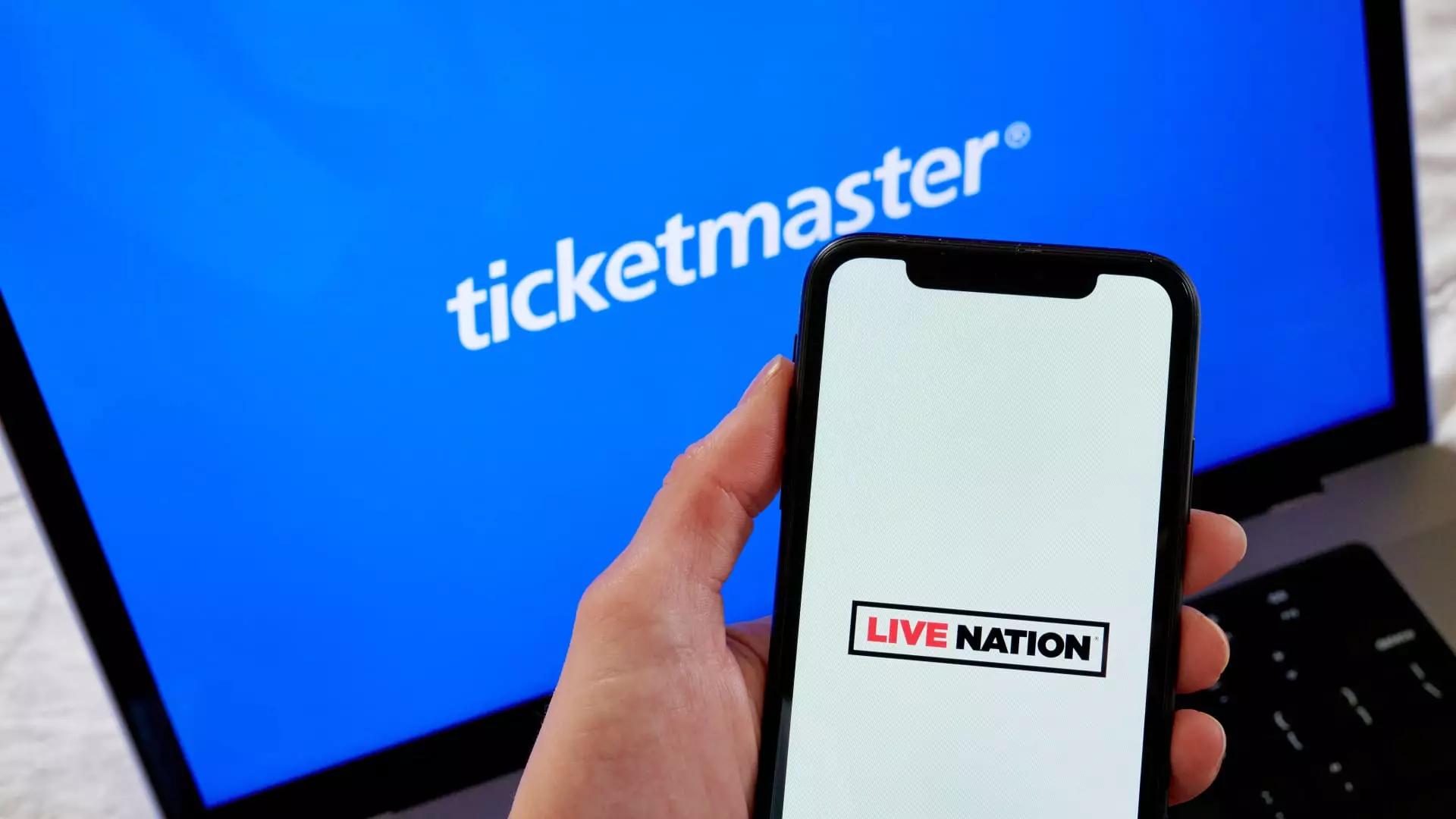The U.S. Department of Justice, along with 30 states, has initiated legal action against Live Nation, the parent company of Ticketmaster, for alleged antitrust violations. The lawsuit, filed on Thursday, stems from concerns that Live Nation holds a monopoly in the ticketing industry. This inquiry was prompted by complaints from fans following a chaotic ticket release for Taylor Swift’s Eras tour.
The DOJ asserts that Live Nation engages in anticompetitive practices to maintain its monopoly in the live events sector in the U.S. Attorney General Merrick Garland states that this monopoly negatively impacts fans, artists, small promoters, and venue operators. The consequences include inflated ticket prices, limited concert opportunities for artists, decreased market access for smaller promoters, and restricted choices for venues seeking ticketing services.
In response to the lawsuit, Live Nation refutes the claim of monopolistic control, dismissing it as “absurd.” The company’s executive vice president for corporate and regulatory affairs, Dan Wall, argues that Live Nation and Ticketmaster are not to blame for high ticket prices. He points to various factors such as rising production costs, artist demand, and secondary market scalping as significant contributors to ticket price inflation.
The merger of Live Nation and Ticketmaster in 2010 created a dominant entity in the live event industry. Live Nation now oversees ticket sales for live entertainment globally and manages over 265 entertainment venues in North America. The lawsuit alleges that through Ticketmaster, Live Nation controls a substantial portion of ticketing for major concert venues, holding a market share of approximately 80% or more.
The Justice Department lawsuit accuses Live Nation of fostering a self-reinforcing business model by leveraging revenue from fans and sponsorships to establish exclusive deals with artists. These agreements grant artists access to key entertainment venues nationwide. The lawsuit further claims that Live Nation exploits this dominance to secure long-term contracts with new venues, stifling competition in the industry.
The DOJ emphasizes that the current market dynamics hinder ticketing innovation in the U.S. and result in higher ticket prices compared to other countries. The lawsuit alleges that Live Nation’s practices restrict competition, limit consumer choices, and create barriers to entry for new players in the live events landscape. The DOJ’s goal is to dismantle the Live Nation-Ticketmaster monopoly to foster a more open and competitive market.
Live Nation counters the allegations by stating that it does not engage in monopolistic pricing practices. The company asserts that Ticketmaster service charges are comparable to industry standards and often lower. Live Nation also highlights its modest net profit margin relative to other S&P 500 companies. The company argues that the lawsuit will not lead to lower ticket prices or service fees, as these decisions are primarily set by artists and venues.
The lawsuit against Live Nation marks a significant development in the ongoing debate over antitrust issues in the live events industry. By challenging Live Nation’s market dominance, the DOJ seeks to promote fair competition, enhance consumer welfare, and create a level playing field for all industry stakeholders. The outcome of this legal battle will have far-reaching implications for the future of live entertainment in the United States.

